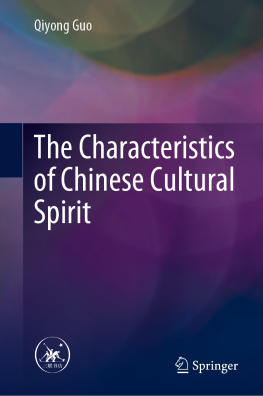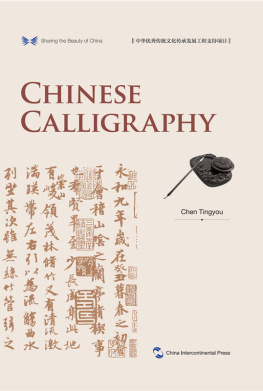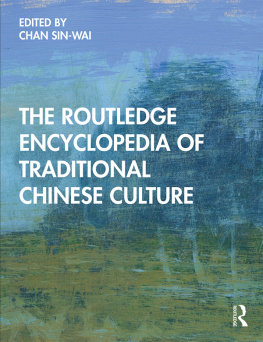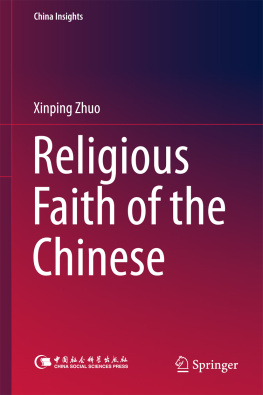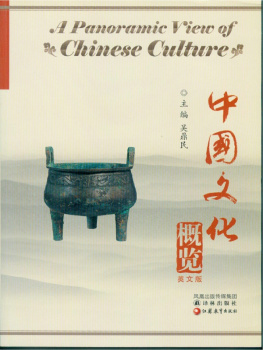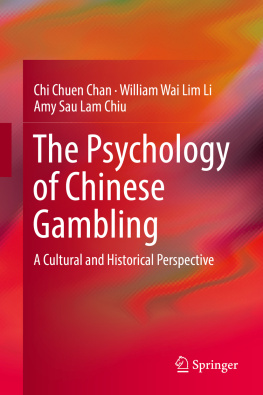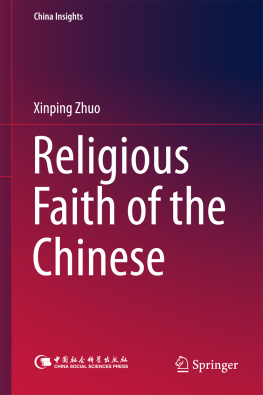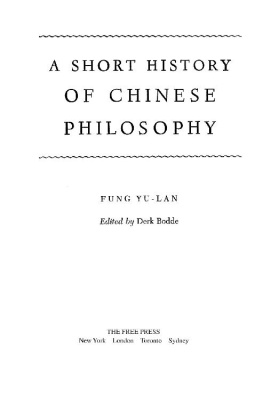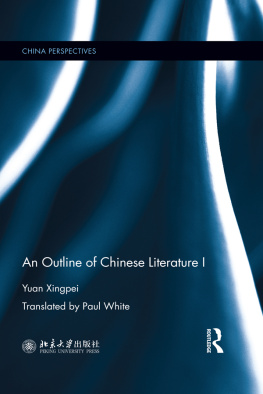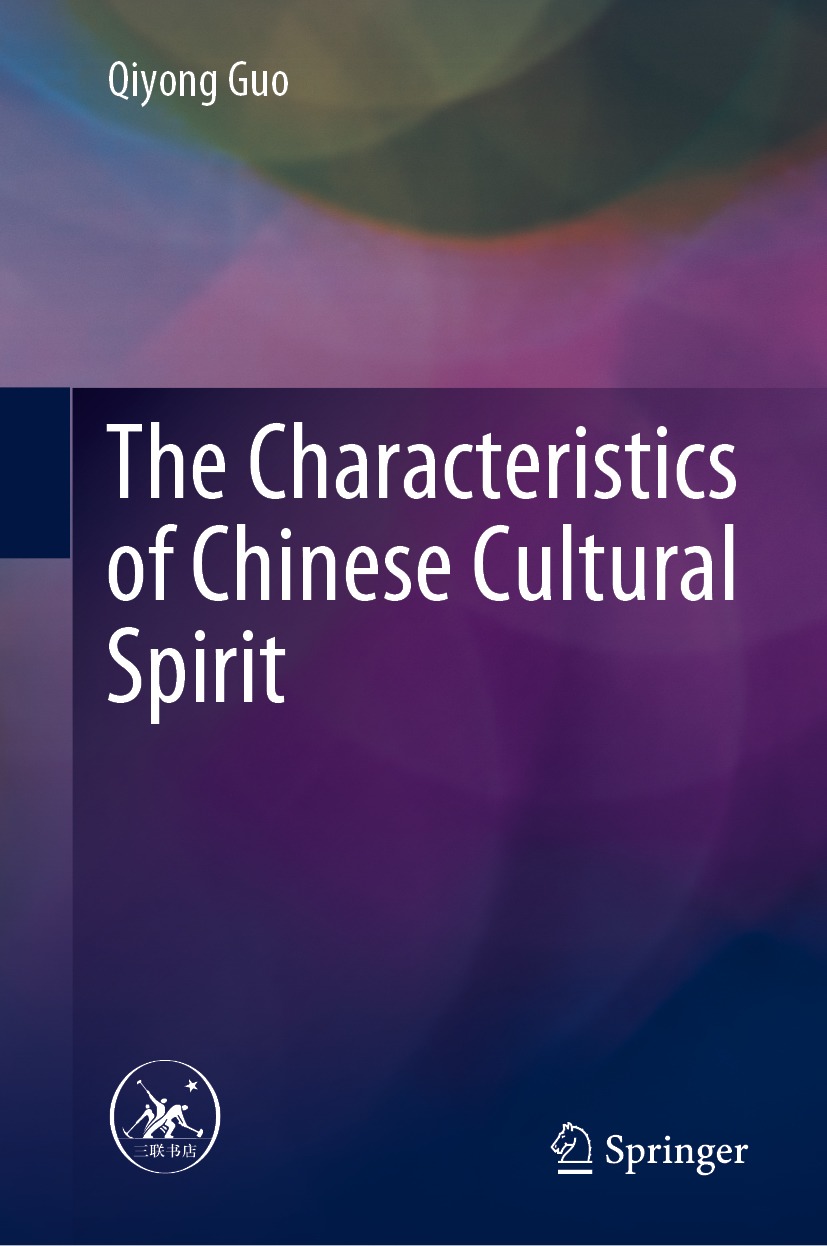Qiyong Guo
Wuhan University, Wuhan, China
Translated by
Ran Tao
Hubei Universtiy, Wuhan, China
Zhou Xu
Hubei University, Wuhan, China
Kunming Fan
Hubei University, Wuhan, China
ISBN 978-981-16-4846-5 e-ISBN 978-981-16-4847-2
https://doi.org/10.1007/978-981-16-4847-2
Jointly published with SDX Joint Publishing Co., Ltd.
The print edition is not for sale in China Mainland. Customers from China Mainland please order the print book from SDX Joint Publishing Co., Ltd.
Translation from the Chinese language edition: by Qiyong Guo, et al., SDX Joint Publishing Co., Ltd. 2018. Published by SDX Joint Publishing Co., Ltd. All Rights Reserved.
SDX Joint Publishing Co., Ltd 2022
This work is subject to copyright. All rights are reserved by the Publisher, whether the whole or part of the material is concerned, specifically the rights of translation, reprinting, reuse of illustrations, recitation, broadcasting, reproduction on microfilms or in any other physical way, and transmission or information storage and retrieval, electronic adaptation, computer software, or by similar or dissimilar methodology now known or hereafter developed.
The use of general descriptive names, registered names, trademarks, service marks, etc. in this publication does not imply, even in the absence of a specific statement, that such names are exempt from the relevant protective laws and regulations and therefore free for general use.
The publisher, the authors and the editors are safe to assume that the advice and information in this book are believed to be true and accurate at the date of publication. Neither the publisher nor the authors or the editors give a warranty, express or implied, with respect to the material contained herein or for any errors or omissions that may have been made. The publisher remains neutral with regard to jurisdictional claims in published maps and institutional affiliations.
This Springer imprint is published by the registered company Springer Nature Singapore Pte Ltd.
The registered company address is: 152 Beach Road, #21-01/04 Gateway East, Singapore 189721, Singapore
Preface
In the past two decades, I have been invited to talk about Chinese classics and Chinese traditional culture in schools, research institutions, libraries, academies, enterprises, troops, communities, and rural areas, with the frequency rising from 10 or 20 to 20 or 30 sessions a year. In addition to academic talks, the major topics of my speeches are the common sense knowledge of Chinese classics and the relationship between Chinese culture and modernization.
With great honor, I was invited by SDX Joint Publishing Co., Ltd. to compile a small collection of lectures. But when looking through the jumbled manuscripts, I had no idea where to start. The publishing company said it can be compiled basing on a central theme and presented a book of Professor Chen Lai, The Core Values of Chinese Civilization: The Evolution of Chinese Studies and Traditional Values, which inspired me greatly. Mr. Chen Lai is prominent in writing, and many of his academic works have become my desk books. With no exception, this collection of lectures also worth rereading, from which I have benefited a lot. Mr. Chens knowledge and research, for someone as dull as me, is quite hard to catch up. Nevertheless, I made every effort to learn from him, trying to focus on a central theme to compile this book.
The central theme I chose is related to the above-mentioned works of Mr. Chen Laithe characteristics of Chinese cultural spirit. It is a huge topic with varied views and insights from great minds, both in history and modern times. The process of clarifying the characteristics of Chinese traditional culture must be based on the comparison between Chinese culture and foreign cultures, especially with the modern western culture. Moreover, drawing any kind of conclusion is dangerous, for it is inevitable to overgeneralize. Nevertheless, I believe the discussion on this theme is beneficial to raising the awareness of Chinese culture, the comparison of different civilizations, and the promotion of dialogues between different civilizations, which is why I eventually chose it to be the central theme. I ventured to compile the relevant talks on Chinese classics into this book, and I am open to any further comments and discussions.
All my lectures are aimed at knowledge outreach, starting with the ABC of traditional culture. In fact, there are multiple levels of the so-called studies on Chinese classic andtraditional culture, for example, on the level of common sense, of academic issues and skills, of moral values and the significance of life, and of national spirit. There is not only a knowledge systemacademic topics, but also a value systemmoral civilization, and principles of being upright for scholars and common peoplea guide to life; and the belief systemspiritual beliefs, common peoples ultimate pursuit, as well as the spiritual characteristics of the Chinese nationthe soul of our country, and the soul of our nation.
In respect of the characteristics of Chinese culture, Mr. Qian Mu believes that the characteristics of Chinese humanistic spirit include religious beliefs, with particular emphasis on the spirit of history, education, and harmony.
Based on the ideas put forward by former sages, I summarized the characteristics of traditional Chinese cultural spirit as: harmony in diversity, self-discipline and social commitment; perseverance and resilience through times; benevolence, righteousness, and personality independence; people-centered governance; holistic and dialectic thinking; pragmatism and frugality.
Confucianism, Taoism, and Buddhism are three important ideological resources and traditions in Chinese cultural history. The Chinese humanistic spirit is especially manifested in the wisdom of life. Confucianism is the wisdom of virtue, rites, and music. Through self-cultivation and practice, one understands himself and the nature. Taoism is the wisdom of non-doing, freedom, and unrestrained pursuit. It transcends material desire, and oneself, emphasizing the state of freedom, praising the transcendence of life itself, and affirming the unity of things and self. Buddhism is the wisdom of liberation and non-attachment. It inspires people to free themselves from external pursuits, to dispel the mental paranoia, to break their own cages, and truly perceive the essence and nature of life.
Confucianism, Buddhism and Taoism are all studies of life. They complement one another, and we need to acquire and perceive them gradually through the journey of our lives, thus making our lives more meaningful, valuable, and dignified, so that when encountering setbacks, we remain calm and peaceful. Some people say that Confucianism teaches people about governing a country, Taoism teaches people about cultivating moral characters, and Buddhism teaches people about cultivating ones mind. Actually, all three ideologies can be used to teach people about governing a country, cultivating ones moral character and mind. Some also say that Confucianism is about taking on, Taoism is about putting down, and Buddhism about letting go. In fact, all three ideologies are about taking on, putting down, and letting go, and there is no need to separate them.

